And the LORD spake, saying:
“First shalt thou take out the Holy Pin.
“Then, shalt thou count to three; no more, no less.
“Three shalt be the number thou shalt count, and the number of the counting shall be three.
“Four shalt thou not count, nor either count thou two, excepting that thou then proceed to three.
“Five is right out.
“Once the number three, being the third number, be reached, then lobbest thou thy Holy Hand Grenade of Antioch towards thy foe, who, being naughty in My sight, shall snuff it.”
–The Book of Armaments, 2:16-22
Introduction
Hey, guys. It’s RaFive, and today we’re exploring a build of Hunter which doesn’t go past 3-drops, with most of the cards in the deck concentrated at the 3-mana spot. With all the 3-drops plus Explosive Trap, the Monty Python reference is obvious. The deck plays as explosively as its namesake, with a hyper-aggressive gameplan that makes games fast and furious. It’s a blast to play and a great option for laddering. Let’s dive in!
Overview
With Webspinner and Leper Gnome to buff Undertaker, Hunter currently has the strongest early game plays in Hearthstone. Then there are the burst synergies, like the tempo and board-clearing potential of an Explosive Trap played for free off a Mad Scientist, which in turn buffs your Eaglehorn Bow. That’s 2 for the Scientist + 2 for the trap once Scientist dies + 3 for the bow buff = 7 damage for two mana — a quarter of the opponent’s life total effectively accounted for by turn 3. Ramp up a bit with Animal Companion and Unleash the Hounds and your opponent will quickly be in Kill Command range for the finisher. Many Hunter builds take this in a midrange direction, but it’s even more ideal fodder for adding in a couple Arcane Golems and going straight for the face. The mana curve is kept low, topping out at 3, but since Hunter has so many overpowered cards at the 3-mana spot, this deck packs them all in to get a guaranteed strong, early start while still keeping enough staying power and value to go the distance against decks that successfully delay you for a few turns.
How to Play
I’ll preface by saying that this is a Hunter in the classic Huntard sense, and so if you’ve ranked up the ladder using the post-nerf Hunter, you can probably play this deck just fine already. However, there are a few nuances that I’ll cover below.
Usually I cover major combos before going into more detail about the play style of the deck, but these cards generally stand on their own except for the obvious Undertaker synergies and beast-type (typically Webspinner) + Kill Command. About the closest thing this deck has to a combo is Unleash the Hounds / Arcane Shot Explosive Trap + Hunter’s Mark to clear a large threat.
Gameplay with this deck is quite straightforward if nuanced. Your mulligans are simple: you want Undertaker in your opening hand. Your ideal hand if you’re going first is Undertaker, Mad Scientist, Eaglehorn Bow. Your ideal hand if you’re going second is something like Undertaker, Webspinner, Haunted Creeper, Animal Companion. If you have Undertaker, mulligan for Deathrattle minions. Throw back 3-drops, Ironbeak Owl, and Hunter’s Mark unless you already have solid turn 1-2 plays in hand.
This is a tempo build, so you want to play on curve as much as possible (although never play Arcane Golem on curve, especially against control; wait until turn 5+). On-curve plays for the first three turns are particularly important (although if you can put down two Deathrattle minions on turn 3 to buff Undertaker, the tempo advantage from that will typically win you games outright). This is a Face Hunter build, though, so starting turn 3-4 you’ll want to be tapping your hero power every single turn if at all possible — it’s cheap damage exactly where your gameplan wants it, and you don’t have to spend a card to push that damage. Lots of hero power is particularly important against control classes with life gain like Warrior, where they’ll gain card advantage and overpower you if you’re not constantly using your hero power as a cardless means of eking out a few extra points of damage.
There’s only one copy of Hunter’s Mark in the deck, so make sure you save it for truly pivotal situations where you’re pushing for lethal or have to clear a sudden, huge threat like a Molten Giant off the board. The same is generally true for Ironbeak Owl, which is a fairly obvious save-for-lethal with its cheap silence effect that also leaves a beast-type on the field to trigger Kill Command, although against more aggressive decks the Owl makes a wonderful hard counter to Undertaker and Haunted Creeper. The same also goes for Freezing Trap if you draw it into your hand, but don’t feel bad if it gets played off Mad Scientist — the tempo gain almost always pays for itself in letting you eke out those extra few points of damage.
Arcane Shot is in this deck as a toolkit. It can protect your minions in the early game by cheaply clearing low-cost threats so your minions can continue to hit face, it can clear a big minion in combination with Hunter’s Mark, and it provides just a little bit of extra guaranteed face damage in the later game if your opponent throws a huge Taunt up or whatnot. Use it freely as tempo dictates.
Got all that? Good. Most of the rest of this deck is just figuring out the most mathematically efficient way to hit the face every turn. If you’re doing at least 3-4 damage per turn, consistently, you’ll win most of the time with this deck. Stay focused on the face, clear only when you need a better/safer path to the face, and your opponent, as the Book of Armaments predicts, will soon “snuff it.”
Matchups are pretty straightforward. This deck is heavily favored against Warlock in particular — Zoo can’t keep up and Handlock suffers its typical weakness against aggressive decks with Taunt bypass. It also crushes aggro/Secrets Mage. It’s slightly weak against Priest and Druid, particularly weak against Freeze Mage and Warrior, but in every other matchup it’s slightly favored or better, including the Hunter mirror. Overall solidity, a good mirror matchup, and the great Warlock matchup make the Hand Grenade Hunter a solid pick for ladder, particularly at lower ranks.
Substitutions
Things are pretty tight in this deck. Your flex spots are limited to basically the Hunter’s Mark, Freezing Trap, and Arcane Shot. You’ll upset the Hand Grenade motif by doing so, but you could swap those out for Knife Juggler and maybe a Scavenging Hyena for maximum synergy with Unleash the Hounds, and/or you could put in a second Wolfrider. Dire Wolf Alpha also has some particularly good synergies with the Charge minions in this deck. Those are about all the substitutions that I’d consider solid for this list.
Conclusion
Hunter is popular because it’s good, cheap, and easy to learn. It’s also unpopular because it’s good, cheap, and easy to learn. The constant factors here, for the less observant, are obviously that it’s good, cheap, and easy to learn. The Hand Grenade Hunter falls squarely and honestly into all three of those categories, and it’s a lot of fun to tear the board up with fast game after fast game. Take this list for a whirl, tech it, and let me know your progress in building a better metagame!


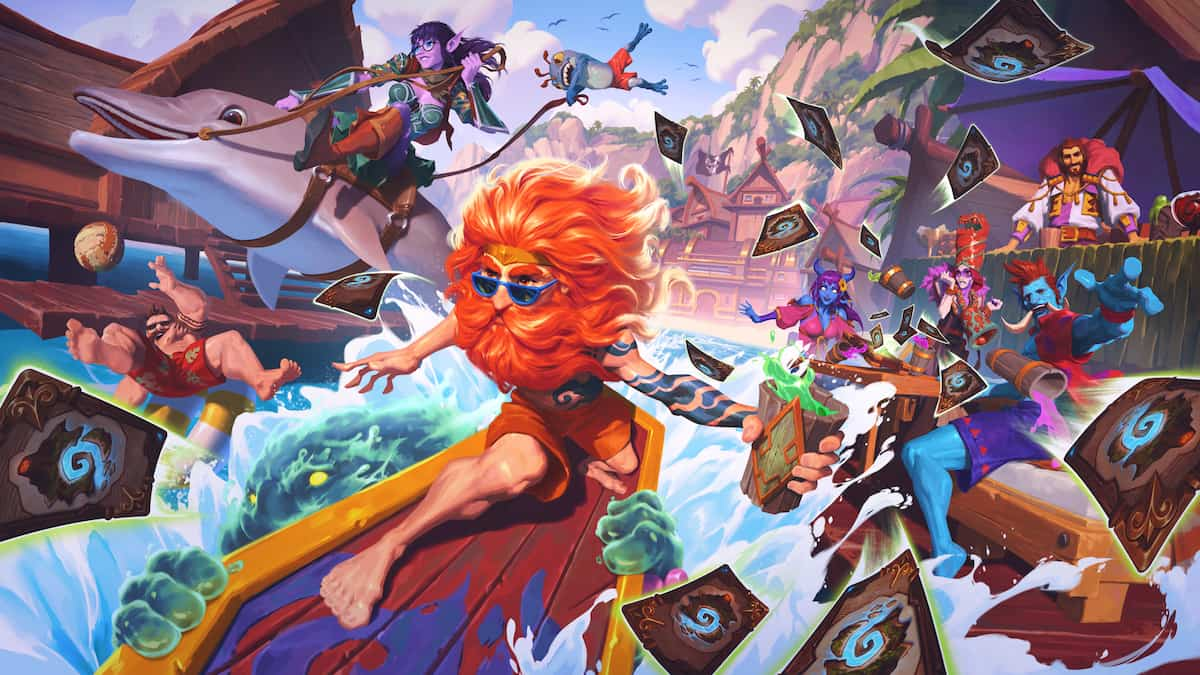
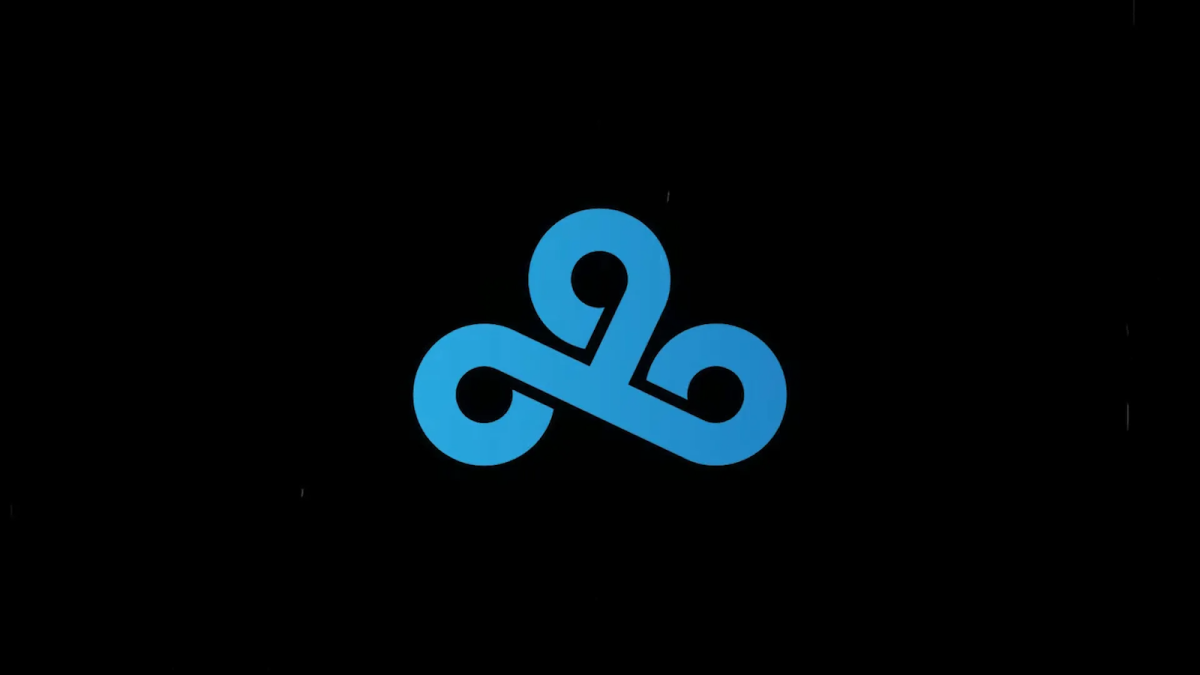
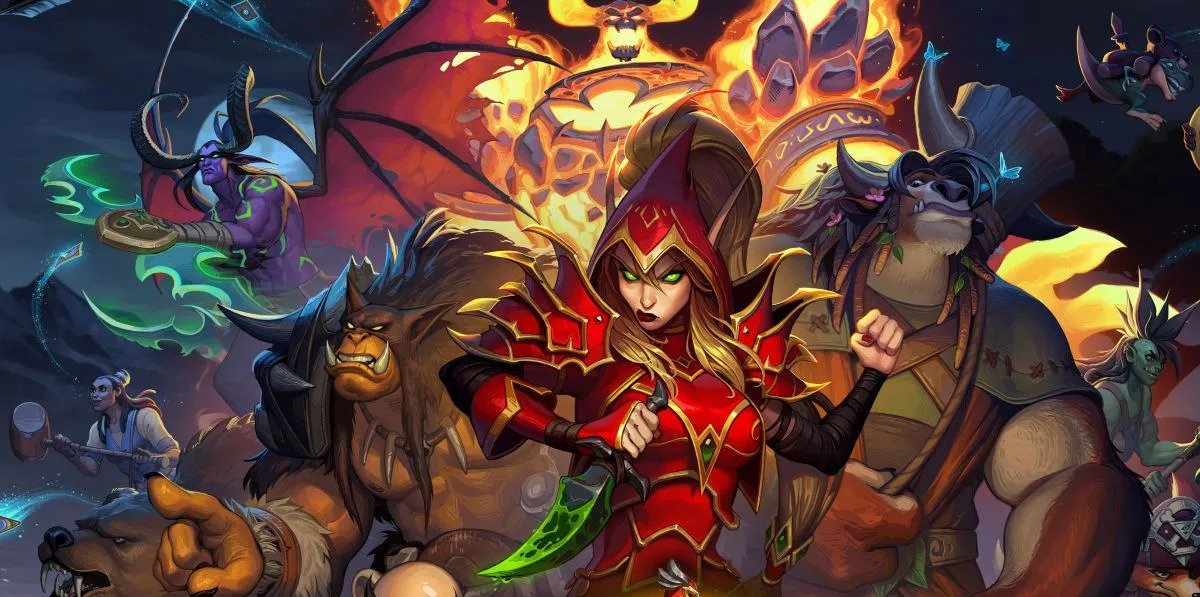
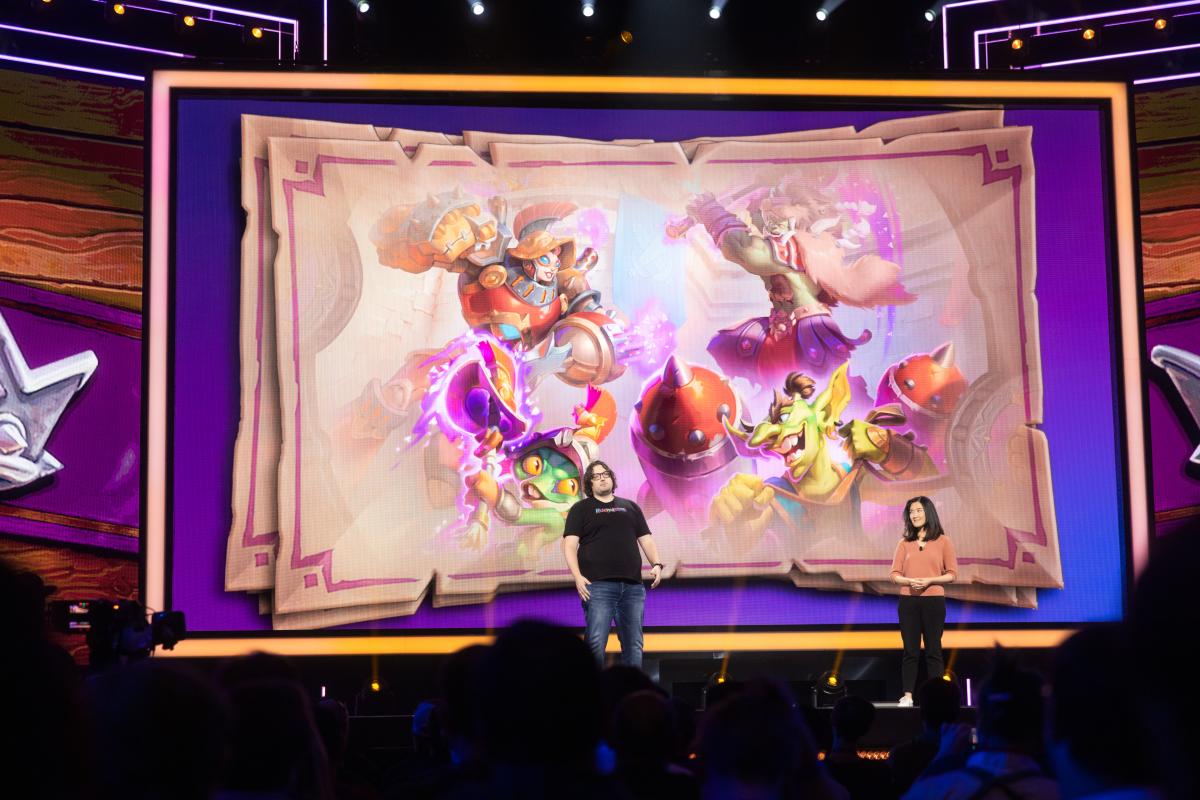
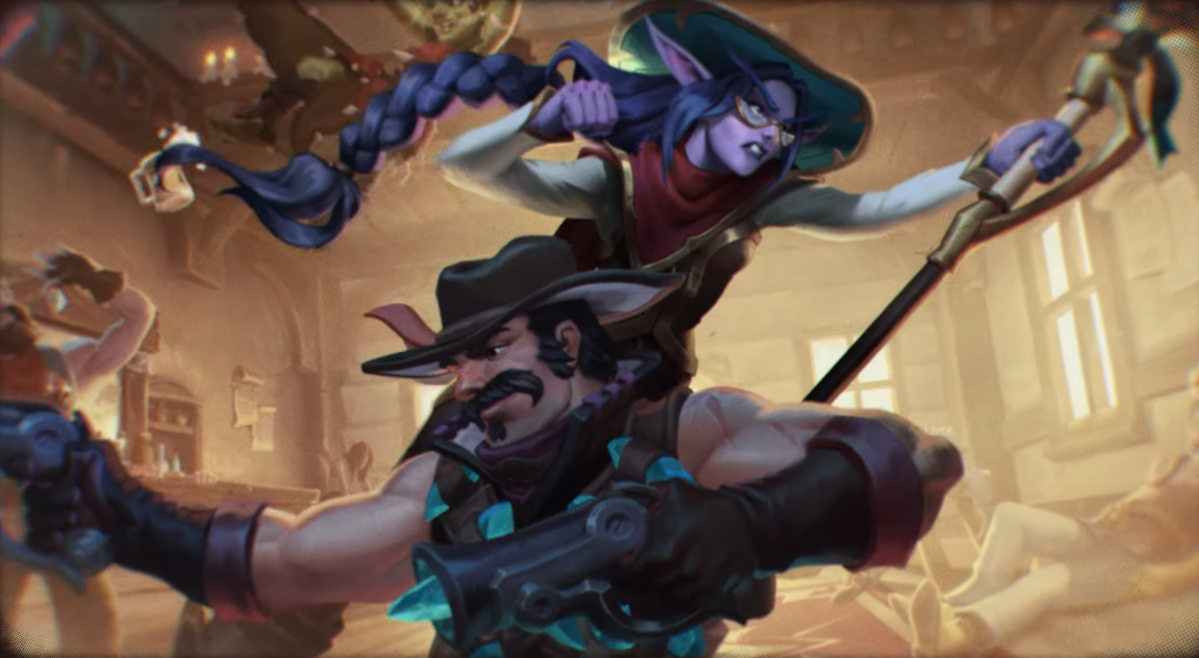
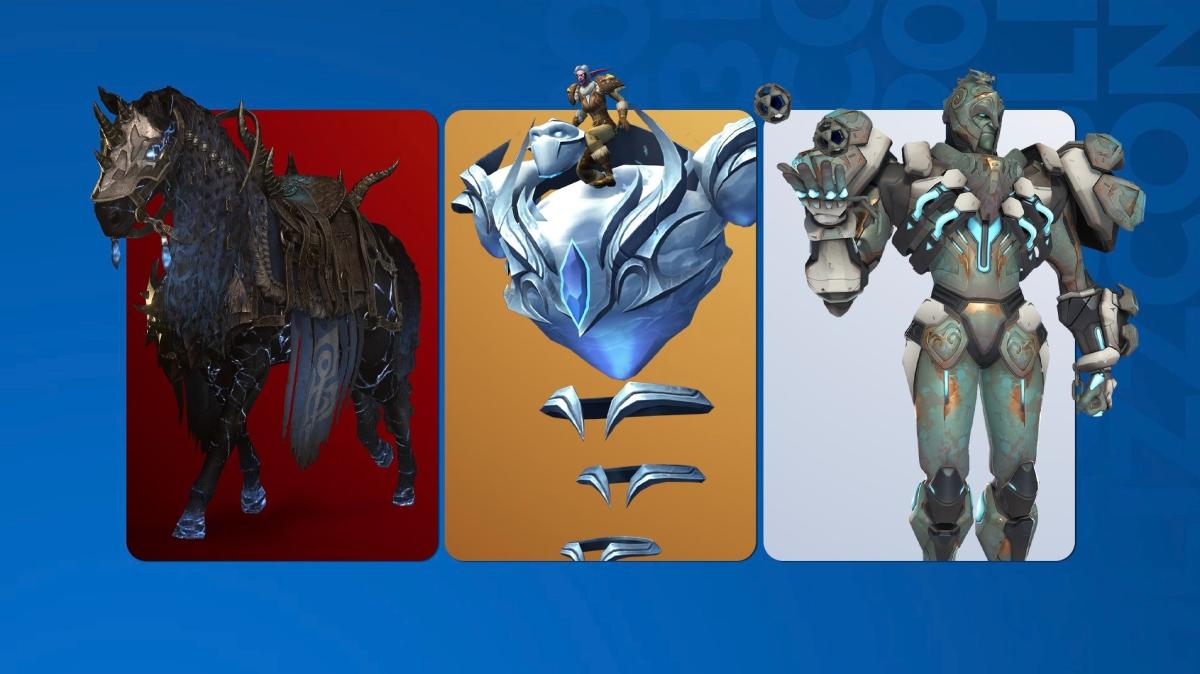

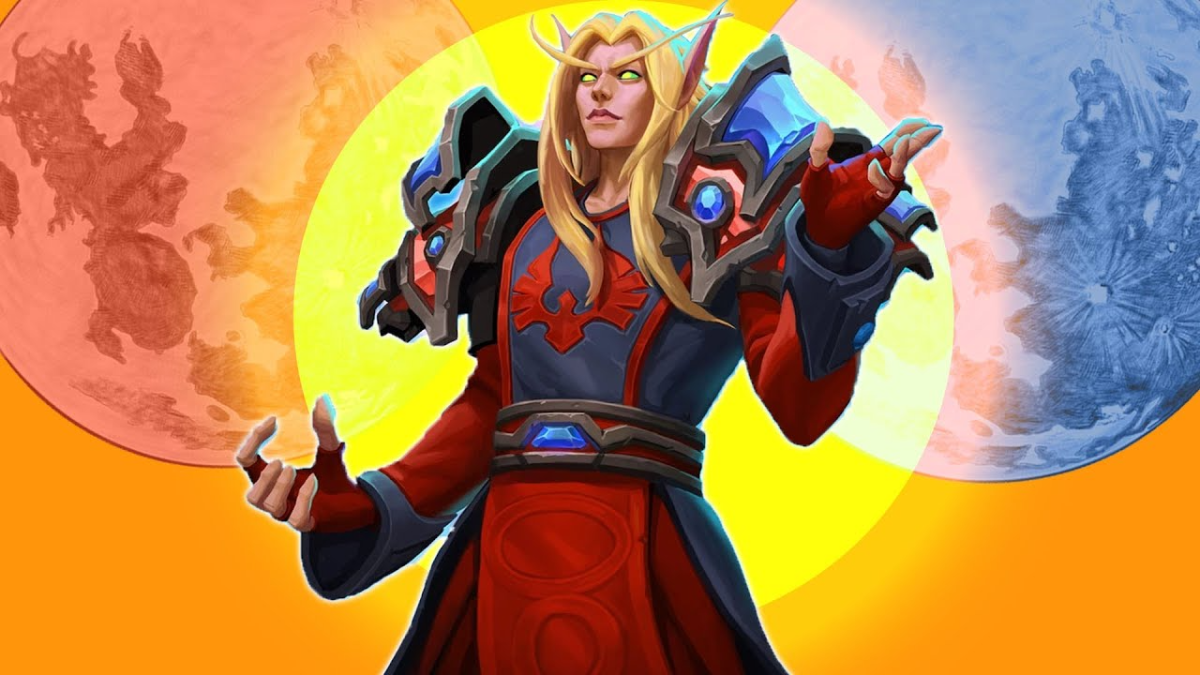
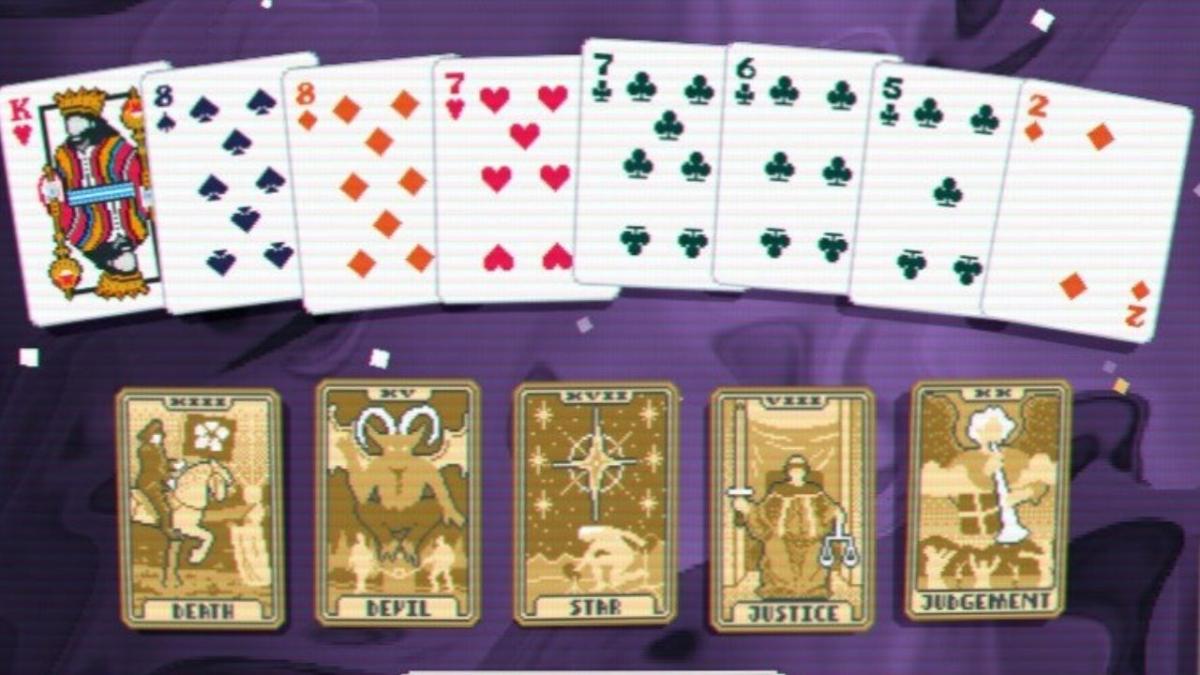
Published: Nov 30, 2014 09:10 am